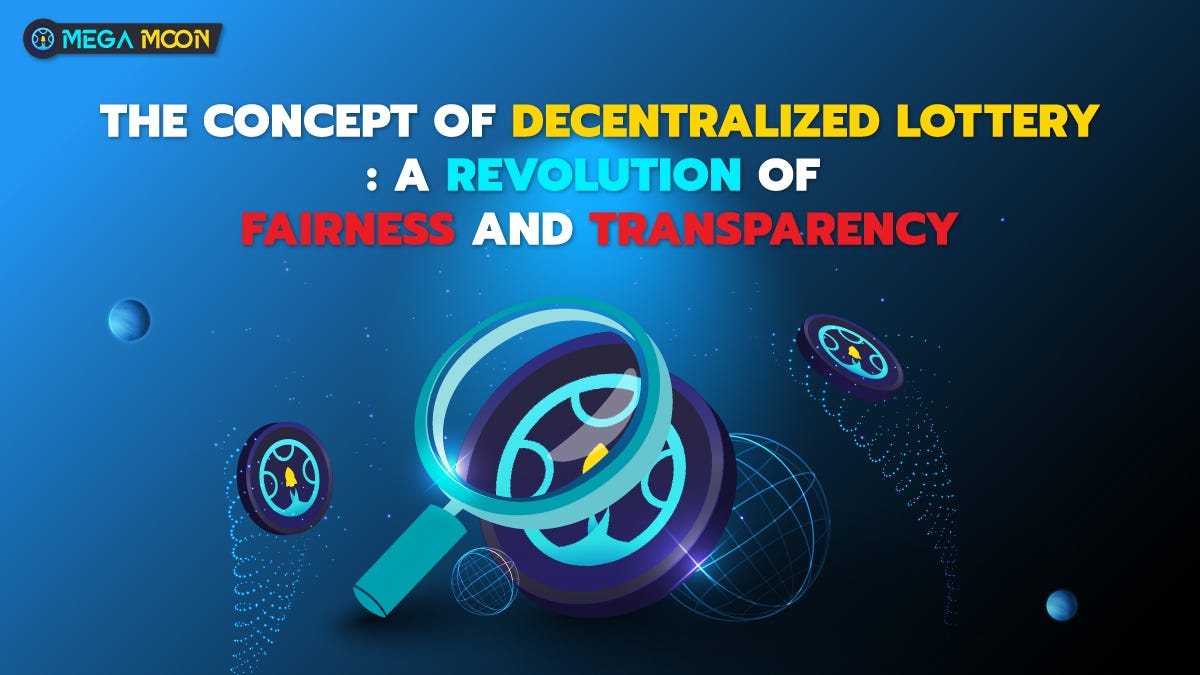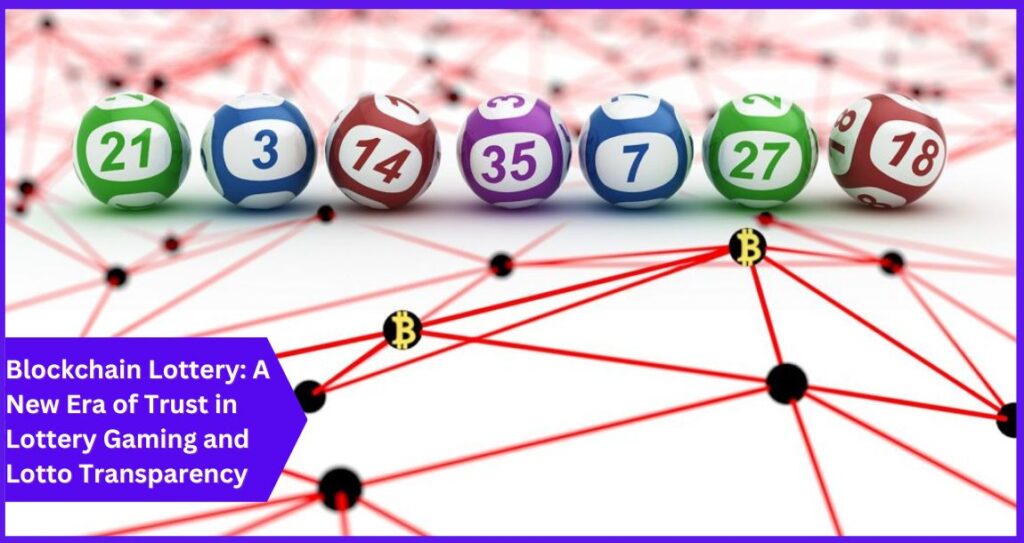The Transparency and Fairness of Online Lottery Games in 2025: A Comprehensive Examination
Related Articles: The Transparency and Fairness of Online Lottery Games in 2025: A Comprehensive Examination
Introduction
With enthusiasm, let’s navigate through the intriguing topic related to The Transparency and Fairness of Online Lottery Games in 2025: A Comprehensive Examination. Let’s weave interesting information and offer fresh perspectives to the readers.
Table of Content
The Transparency and Fairness of Online Lottery Games in 2025: A Comprehensive Examination

The allure of winning life-changing sums of money through lotteries has persisted for centuries. With the advent of the internet, online lottery platforms have surged in popularity, offering convenience and accessibility to players worldwide. However, this rise has also fueled concerns about the integrity of these online platforms, with accusations of manipulation and rigging circulating among players. This article aims to provide a comprehensive analysis of the potential for manipulation in online lottery games, examining the technological safeguards in place, regulatory frameworks governing these platforms, and the inherent randomness of the lottery process itself.
Understanding the Nature of Lottery Games:
At their core, lottery games rely on the principle of randomness. Whether it’s the draw of numbered balls in a physical lottery or the generation of random numbers by a computer algorithm, the outcome is intended to be unpredictable and fair.
Technological Safeguards and Random Number Generation:
Online lottery platforms employ sophisticated algorithms and hardware to ensure the randomness of number generation. These algorithms, known as random number generators (RNGs), are designed to produce truly random sequences, free from any bias or manipulation.
Types of RNGs:
- Pseudo-Random Number Generators (PRNGs): These algorithms use mathematical formulas to generate sequences that appear random but are technically deterministic. They rely on a "seed" value, which is a starting point for the algorithm.
- True Random Number Generators (TRNGs): These algorithms leverage physical phenomena like atmospheric noise or radioactive decay to generate truly random numbers. They are considered more secure and unpredictable than PRNGs.
Regulation and Oversight:
Online lottery platforms are subject to stringent regulations and oversight by government bodies and independent auditing firms. These bodies monitor the integrity of the platforms, ensuring that the random number generation process is fair and transparent.
Auditing and Certification:
Independent auditing firms specialize in evaluating the security and fairness of online lottery platforms. They conduct rigorous tests and audits, verifying the functionality of the RNGs and the platform’s overall security infrastructure.
Transparency and Public Scrutiny:
Reputable online lottery platforms prioritize transparency, making their processes and algorithms publicly accessible for scrutiny. This transparency helps build trust and confidence among players.
The Role of Blockchain Technology:
Blockchain technology, known for its immutability and transparency, is increasingly being implemented in online lottery platforms. This technology provides a secure and auditable record of every transaction and number generation event, further enhancing the transparency and integrity of the system.
Addressing Common Concerns:
1. Manipulation through Algorithm Manipulation:
While it is theoretically possible to manipulate a PRNG algorithm, this is extremely difficult to achieve in practice. Online lottery platforms typically use sophisticated algorithms and employ multiple layers of security to prevent such manipulation.
2. Software Glitches:
Software glitches are a potential concern, but reputable platforms have rigorous testing and maintenance processes in place to minimize the risk of errors.
3. Collusion with Operators:
Collusion between operators and players is a theoretical concern but is highly unlikely due to the stringent regulations and oversight in place.
4. Manipulation of Physical Draws:
This concern is less relevant to online lottery platforms, as physical draws are generally not involved.
FAQs:
Q: Are all online lottery games rigged?
A: No, reputable online lottery platforms employ robust safeguards and are subject to regulatory oversight, making manipulation highly unlikely.
Q: How can I ensure the online lottery platform I am using is trustworthy?
A: Look for platforms that are licensed and regulated by reputable authorities. Check for independent audits and certifications.
Q: What are the signs of a potentially rigged online lottery platform?
A: Avoid platforms that lack transparency about their processes, do not have independent audits, or have a history of suspicious activity.
Tips for Playing Online Lottery Games Safely and Responsibly:
- Choose reputable platforms that are licensed and regulated.
- Read the terms and conditions carefully.
- Understand the odds of winning and manage your expectations.
- Set a budget and stick to it.
- Avoid platforms that offer unrealistic promises or guarantees.
- Play responsibly and seek help if you experience gambling problems.
Conclusion:
While concerns about manipulation in online lottery games are understandable, the reality is that reputable platforms employ robust safeguards and are subject to rigorous oversight. The use of sophisticated random number generators, independent audits, and regulatory frameworks work together to ensure the fairness and integrity of the lottery process. By choosing licensed and regulated platforms and understanding the inherent randomness of the game, players can participate in online lotteries with confidence. It is crucial to remember that online lottery games, like any form of gambling, should be approached responsibly and with realistic expectations.








Closure
Thus, we hope this article has provided valuable insights into The Transparency and Fairness of Online Lottery Games in 2025: A Comprehensive Examination. We thank you for taking the time to read this article. See you in our next article!